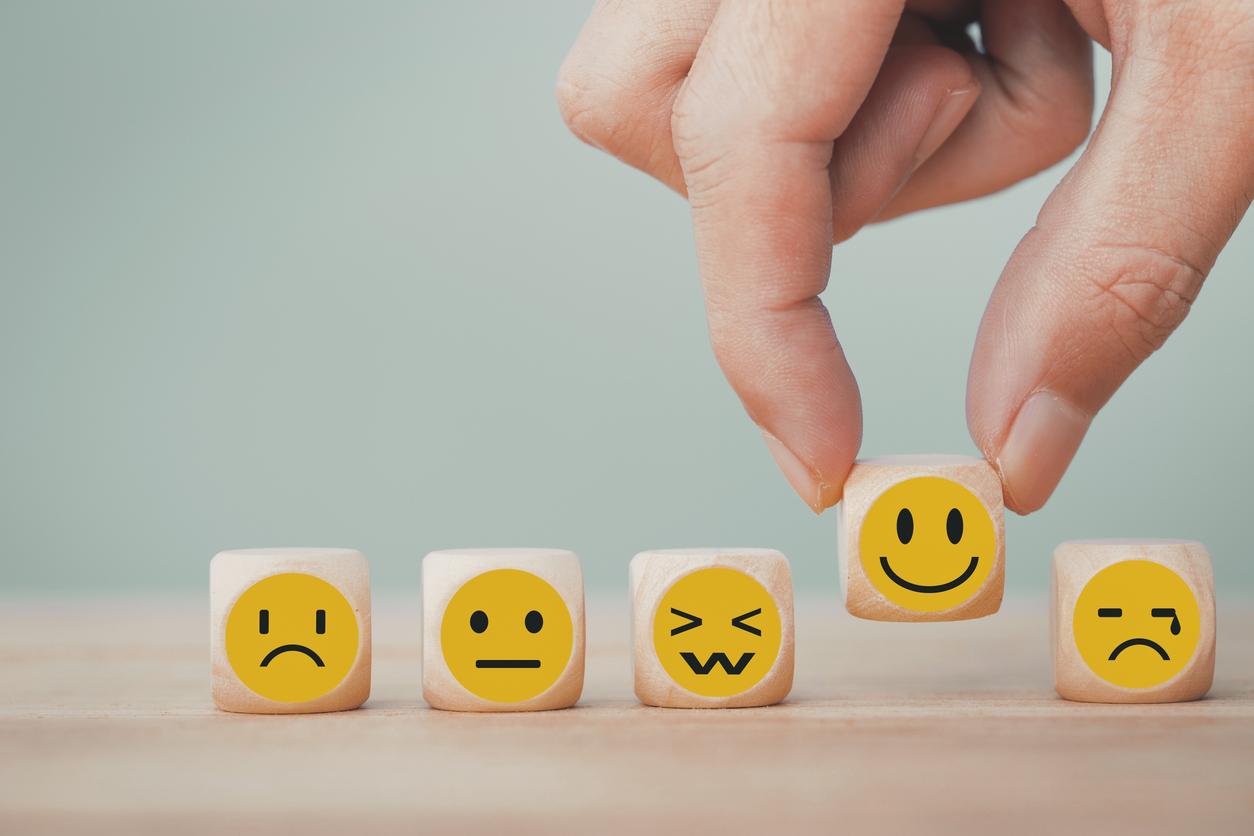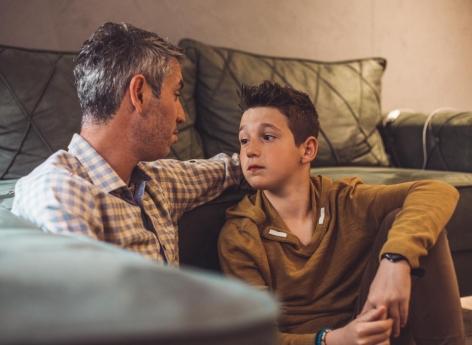To lose your emotional pounds, I am in favor of modifying the traditional psychological approach in the context of diets or overweight. For years I’ve had enough of people talking about depression or psychological disorders without ever offering concrete solutions.
In reality, we label someone and we get rid of him by sending him to one of the many psychological consultations.
Eating behavior and psychology
If a patient decides to come and consult us to solve a problem of eating behavior or overweight, I think we have to let him talk to us, and listen to his story. What is the point of dividing a patient’s treatment?
When I was a young student, I learned my job as a nutritionist in contact with my elders, following their consultations. Most of our patients came to undertake weight loss, our nutrition service being specialized in all disturbances in the relationship between food and the bodysuch as cholesterol problems, diabetes, anorexia, intestinal diseases, etc.
But we didn’t yet have all the tools to help our patient lose her emotional pounds.
The exercise seemed simple to me since it sufficed, at least at the time, to give them one of the many diets we had in our catalog, according to their food tastes. However, I had a very precise instruction, namely do not give a diet in case of suspicion of a psychological problem.
The prohibition seemed rather curious to me. What, really, is a psychological disorder? And how to define and do to lose your emotional pounds?
In any case, at the time, I scrupulously followed the instructions by directing my patients to one of the psychologists, psychiatrists or psychoanalysts of our team. Already, moreover, we were experimenting withhypnotherapy with results too random to be able to consider it as a real assistance.
Nutritionist, but also psychologist
Once referred to one of my colleagues, it was very rare that I saw my patient again. I even thought at the time that it was a strategy to prevent them from dieting. Until the day when one of my patients came back to my consultation. She then explained to me that the psychotherapist had done him goodbut still hadn’t seen any weight loss.
She concludes by saying: “As long as it is, I like chatting with you so much and at the same time go on a diet. This intrigued me, to the point that I continued – despite the instructions – to do what she had asked of me.
So I prescribed her diets while “discussing” with her but, in reality, I mostly listened to her and let her unfold her own “intellectual ball” which allowed him to bring to light many problems.
In reality, I was no longer just his nutritionist but rather his psycho-nutritionist. I didn’t interfere much, but she needed tell me about his difficulties and I, meanwhile, was trying to find the connection to his lack of food control.
The exercise was really exciting, especially since there were relationships between the success or failure of the diets I gave her and the events she told me about. Each time we identify together a knot of conflict or painthere was a improvement in diet monitoring.
This convinced me that we could not dissociate the psychological approach from the prescription of diets. So I decided, on my own, to practice this technique which consists of looking for the elements of life, buried in theunconsciouswhich require using our body to try to eliminate, to put it simply, poorly managed emotions.
Lose your emotional pounds: when the head is hungry
We cannot insist on the relationship of the psyche with the appetite, the pleasure of eating, the archaism of eating habits, and being satisfied with a simple dietary prescription to solve a problem of weight gain. Of course, some genetic, physiological, metabolic, physical problems intervene in weight gain, and I absolutely do not deny them.
But how is it that a decision to lose weight can be upset because you can’t control your eating behavior? It’s not not really a hunger or appetite problem, since we manage to satiate people with diets. It is therefore obviously a psychic decision that requires eating.
This gesture of eating, allowing to find a balance of pleasures, is threatened by a psychological or emotional disorder. So I ended up understanding that the relationship between food intake and the body was a form of language that we had to try to decipher, the goal being to update unconscious thought which arouses food intake and to finally be able to lose emotional kilos.
We could no longer content ourselves with saying that this was a situation of neurosis, psychosis, depression, melancholyof obsession to lead to a psychological consultation, and to abandon the real initial request which was to lose weight.
In addition, the simple fact of losing weight often improves the morale or the psyche of people, which itself by improving makes it possible to lose weight better.
In short, we must transform a vicious circle into a virtuous circle. Losing your emotional kilos is not just losing weight, it’s freeing yourself from an invisible weight that slows us down and limits our chances of feeling good.



















